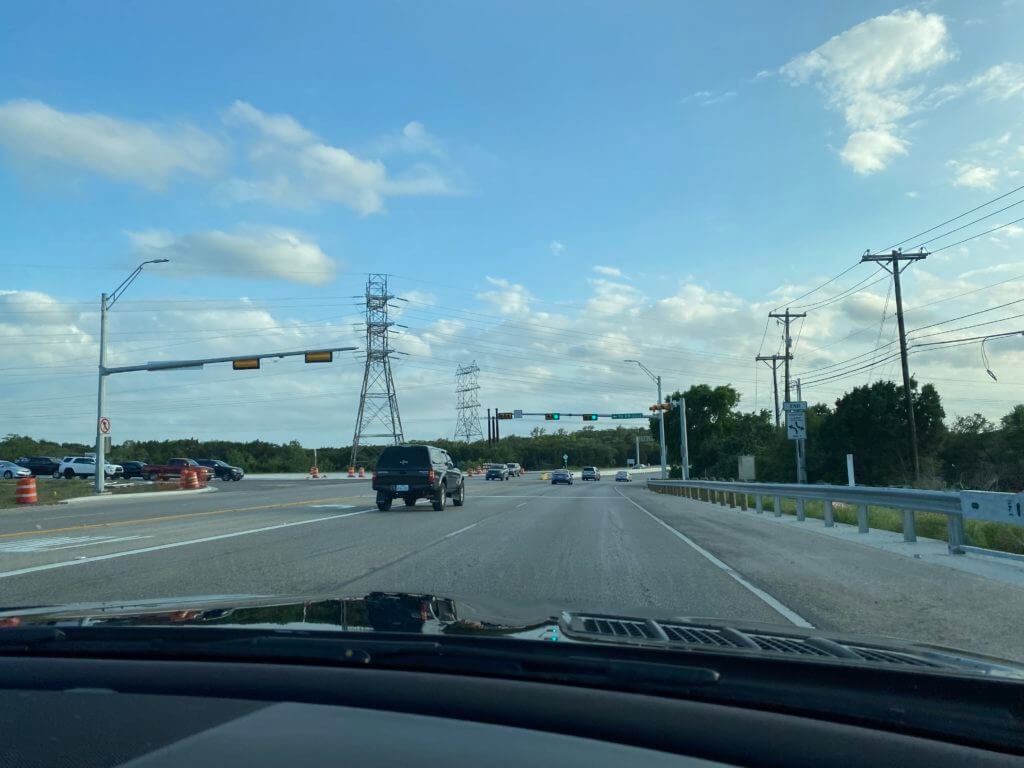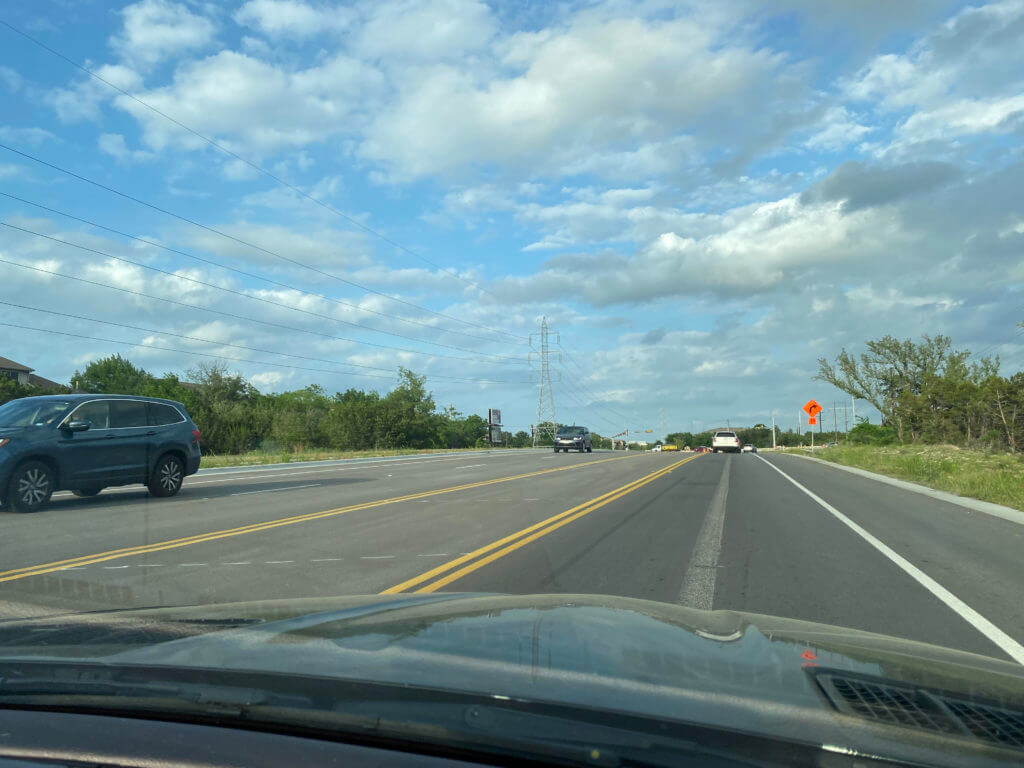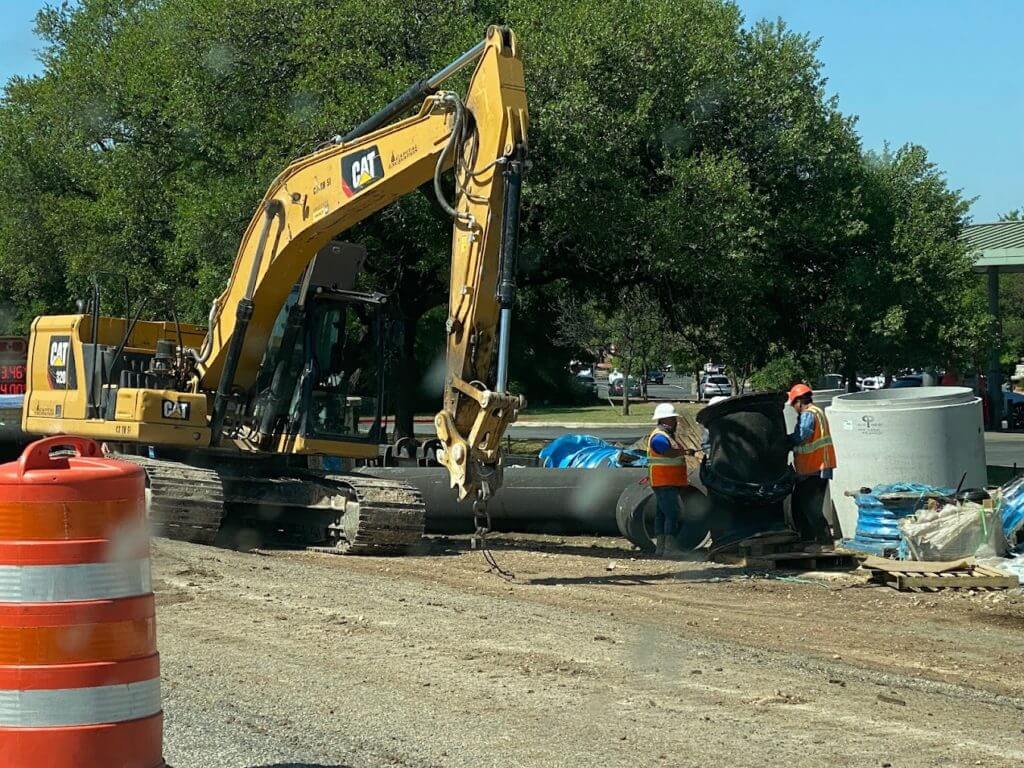
By NATHAN BERNIER, KUT
A shortage of building materials like steel and concrete is driving up costs for Texas Department of Transportation road projects and could delay some construction contracts.
“We have also seen significant increases (over 100 percent in some cases) in some material prices,” TxDOT’s construction division director Duane Milligan wrote in an internal memo dated April 5. After the Quorum Report broke the story on Friday morning April 22, TxDOT provided the memo upon request.
Economists say rising petroleum costs, COVID-related shutdowns, increased demand for materials and a worker shortage are among the factors pushing prices higher for road-building materials like steel and concrete.
“Contractors all over the country have been running into extreme price increases and delays on getting materials delivered, and shortages of workers to perform the work when they do have the materials,” said Ken Simonson, chief economist with the Associated General Contractors of America.
TxDOT has more than 15,000 projects in the works totaling $156 billion, according to the agency’s project tracker. About half of the projects are underway or scheduled to start soon.

Two roadwork projects in Four Points are included in the TxDOT totals: The 620 bypass and 2222 widening projects.
The $12.5 million 620 bypass connector road broke ground in December 2019 and as of this week, is fully opened. The northbound lane opened in July and the southbound was to open by Friday. Its final costs may fluctuate slightly and it was delayed by nearly a year.
The RM 2222 widening project broke ground in January 2019 and is expected to wrap up later this year – a year longer than when it was originally planned to be finished. It’s adding a third lane on RM 2222 between Bonaventure Drive and McNeil Drive. It’s costing some $24.3 million, up from $23.6 million when the project began.

TxDOT’s Milligan offered a handful of tactics to officials in TxDOT’s 25 district offices for dealing with shortages and price hikes, including delaying projects to give contractors more time to get the materials they need.
District engineers and construction managers could also substitute construction materials “when the substituted material and design serves the same function of the original design,” Milligan wrote.
The memo advised local TxDOT officials to consider removing work or materials from a road project “when the deletion will not affect the safety of the completed project.”
A TxDOT spokesperson said it was too soon to say how inflation and material shortages could affect the timing or cost of the I-35 Capital Express project, a sweeping plan to widen the interstate through Travis County by adding additional lanes.
The estimated cost of the I-35 expansion is $5.7 billion with $4.9 billion of that paying for the central portion from Ben White Boulevard to U.S. Highway 290 East.
The I-35 expansion requires seizing some 30 acres of land across dozens of tracts through Central Austin. With the median sales price of a home in Austin topping $600,000, land acquisition is likely to drive up project costs too, because TxDOT has to pay market value for any expropriated land.
Another infrastructure megaproject in Austin is coping with similar market forces. A voter-approved plan to build two light-rail lines through the city, including a subway downtown, now tops $10 billion, an increase of more than 40 percent over initial estimates.
While $2 billion of the Project Connect cost increase is blamed on extending the length of a subway tunnel, rising prices for construction materials, labor and real estate are also pushing estimates higher.
Even if prices for materials and real estate stop accelerating – the economist Simonson said more steel-making capacity is coming online over the next year or so – a shortage of construction workers could complicate both projects.
“It’s an ongoing challenge for contractors to get enough workers,” Simonson said. “The country has really neglected its career and technical education programs that are the pipeline for bringing people into fields like construction.”
This story was produced as part of the Austin Monitor’s reporting partnership with KUT.

